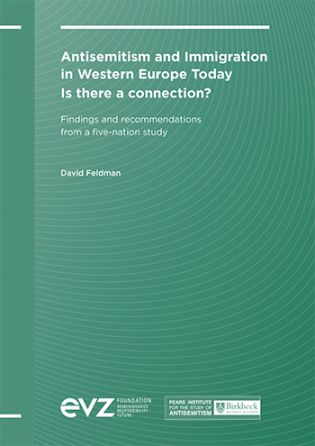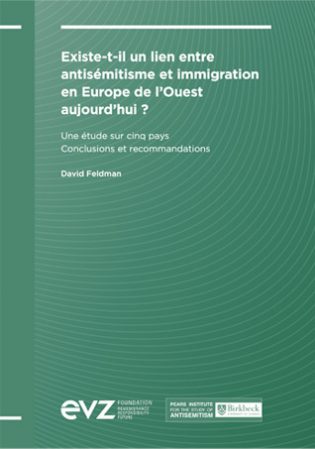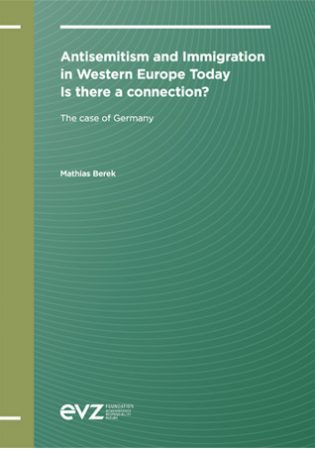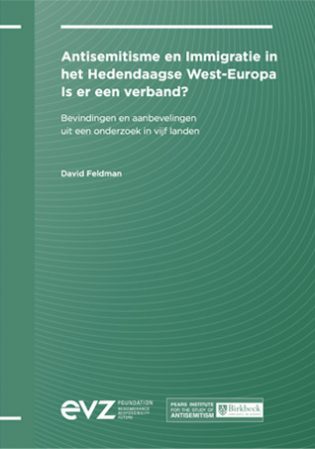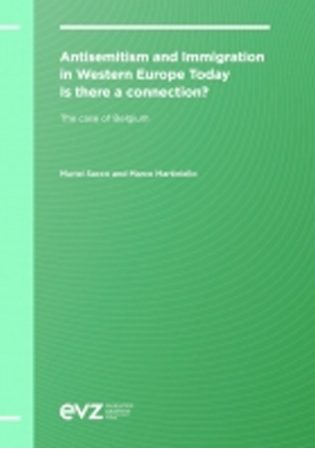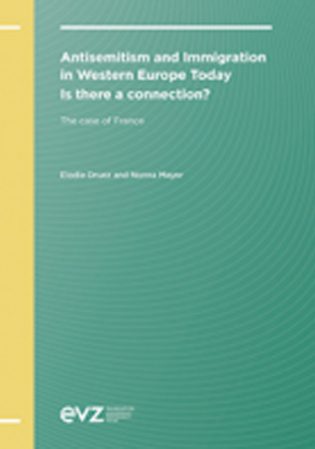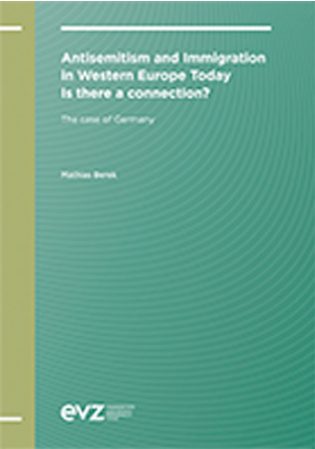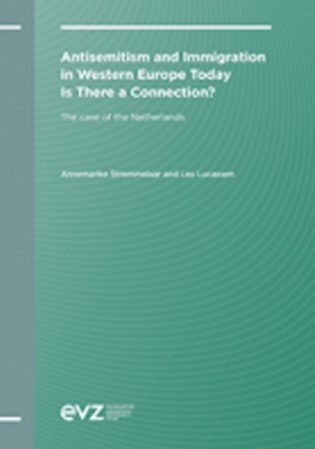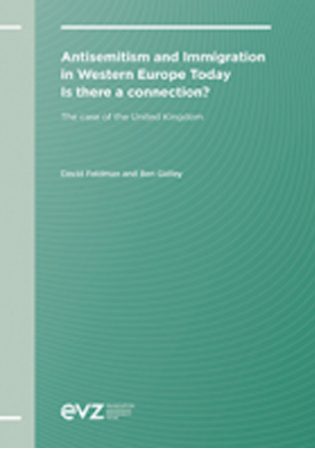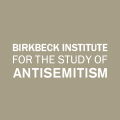This series of reports, published in April 2018, presents the findings and conclusions of an extensive research project conducted in 2016/2017 across five European countries – Belgium, France, Germany, the Netherlands and the United Kingdom – to investigate whether immigration from the Middle East and North Africa since 2011 has had an impact on antisemitic attitudes and behaviour in Western Europe.
The research was commissioned by the Foundation ‘Remembrance, Responsibility and Future’ (EVZ) based in Berlin, and was led by the Pears Institute for the study of Antisemitism, Birkbeck, University of London, now known as the Birkbeck Institute for the Study of Antisemitism.
Final Report
Antisemitism and Immigration in Western Europe Today: is there a connection? Findings and recommendations from a five-nation study
Author: David Feldman
This report is a distillation of five separate national reports (Belgium, France, Germany, the Netherlands and the United Kingdom). It presents the findings and recommendations that emerge from the project as a whole. Available in four languages.

